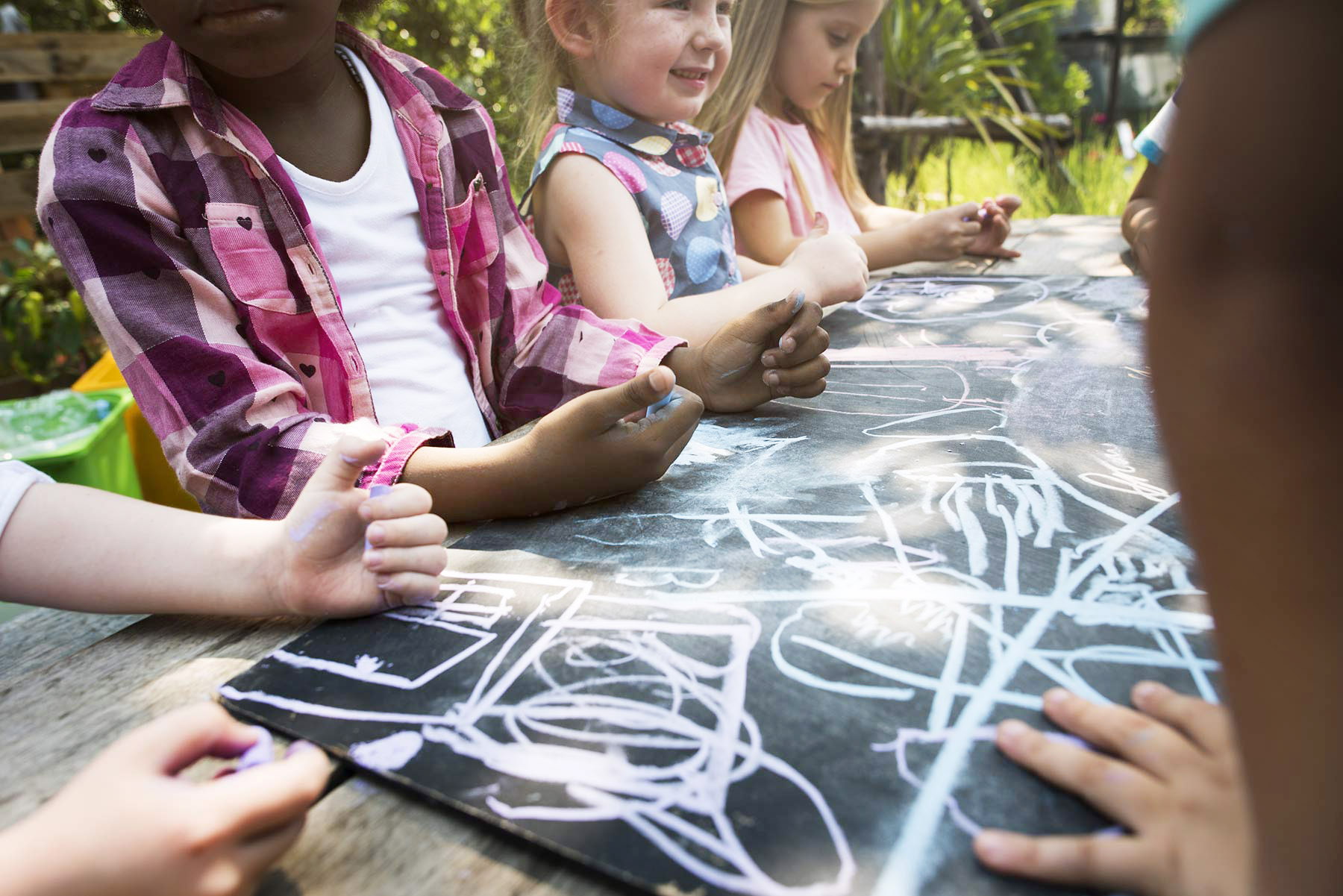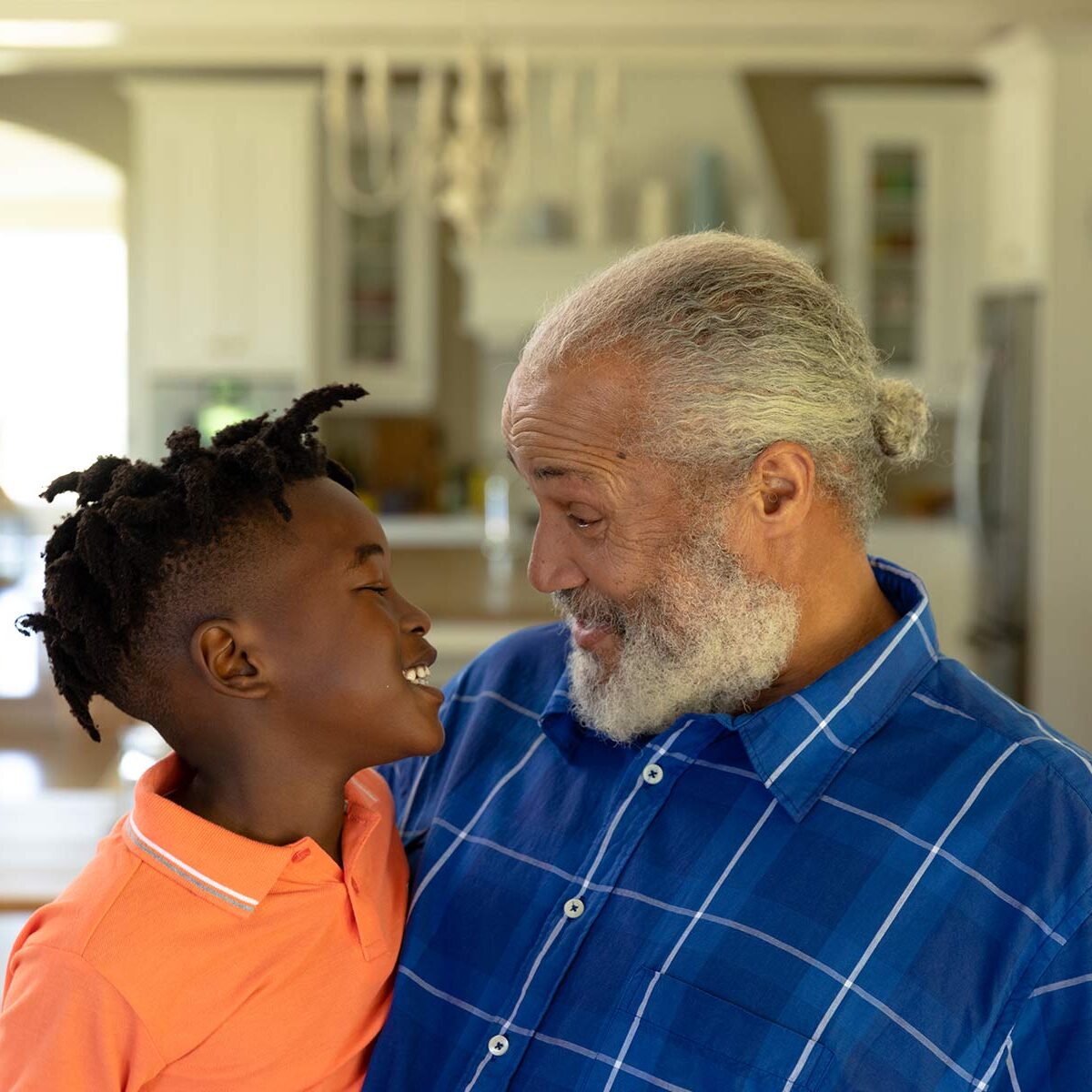
ABOUT THE AUTHOR
Roxana Bell
OHIOKAN STATEWIDE Program Coordinator
Author Roxana Bell has lived experience as a transracial and transnational adopted person. Adopted from El Salvador and raised by white parents in Cleveland, Ohio, she is currently a Masters-level clinical social worker focused on transforming systemic adoption, foster care, and kinship practices.
Transracial adoption is defined as “placing a child who is of one race or ethnic group with adoptive parents of another race or ethnic group.”
Within a U.S. context, this usually means the placement of children of color within white adoptive homes.
The societal narrative we have surrounding this particular type of adoption, however, often erases the lived experiences of adoptees of color and the specific challenges they face within and outside of their families and communities. Adoptive parents can gain insights into the experiences of their transracially adopted young people with preparation and a few key resources.
At OhioKAN, we lean into complex and oftentimes difficult conversations with our young people and families, and we serve a number of families with a connection to this type of adoption. You are welcome here!

To better understand and support your own transracial adoptee growing up in a white household, here are five things your transracially adopted young person wants you to know but may not ever say:
“I will experience racism both within and outside our home.”
While you may feel compelled to shield your child from racism, you cannot.
As a young person of color, your adopted child will have a vastly different experience of the world than you. As a white parent of a young person of color, it’s your job to educate yourself on both overt and covert forms of racism and figure out ways to combat and advocate for your young person in these situations.
These experiences can range from being called racially pointed slurs to being stopped by the police because of how they look. But even within your loving home, seemingly innocuous comments from well-meaning relatives about people from your child’s racial or ethnic group can occur. It’s not easy to interrupt these subtler forms of racism, but your reaction (or silence) will matter, even if your young person cannot articulate it until years later.
Most importantly, if your young person comes to you with an experience of racism they have endured, believe them. They are the experts on their own experiences and deserve to have these experiences validated by the people who love them and are caring for them.
“I want to create meaningful relationships with other people of color.”

This goes beyond having a passing interaction or even casual friendships with people who are not white. Invest in these relationships and make non-white people a part of your life. As a white adoptive parent, you should conscientiously build meaningful relationships with people of color within your community. If there are limited numbers of people of color where you live, examine why that is so and the historical context that has created that reality.
While your young person may not say this out loud, they are thinking about and looking for people who mirror them racially. Encourage diverse friendships within your young person’s circle of friends with those who mirror them and those who may be racially or ethnically different from them.
“I want you to help me create opportunities beyond Culture Camp to learn about my culture and to be around families with a similar makeup.”
What are Culture Camps, you may ask?
Within the intercountry adoption community, Culture Camps began in the 1990s as the prevalence of international adoptions in the U.S. began to rise drastically. Often organized initially by adoptive parents, these camps helped to bring adoptive families together while giving adoptees an opportunity to connect with certain aspects of their birth cultures. They may be race/ethnic specific (i.e. camps for Chinese adoptees) or more general (i.e. camps for families that have adopted Black or other youth of color domestically).
While these types of camps are wonderful and highly recommended for cultural engagement, there are a few limitations to be aware of:
- Your young person is not going “learn” their culture or mother tongue during a weeklong summer camp experience.
- They also cannot learn their language or culture from other adoptees with similar experiences of de-culturation.
- These camps generally only occur once per year, making it imperative that you create other in-depth opportunities for your young person to learn about and engage with people from their birth culture or racial group.
Engage with a local organization that serves the community of your child, find a mentor or elder to connect them with, travel to and explore your young person’s birth country together, attend language classes with other youth learning your young person’s birth language. There are many ways to create experiences that validate and support the birth culture or racial group of your adoptive child.
“I might not want to go to these camps or do activities revolving around my birth culture or racial identity.”
This can be a surprising reaction, but one to consider carefully. Ask yourself: Why does my young person feel this way? What are some contributing factors to perhaps explain why they might not feel comfortable or have hesitation about engaging in their birth culture or racial identity?

Many transracial or transnational adoptees feel a lot of shame around their birth culture and racial identity due to the societal (and sometimes personal) messages they are receiving by simply living in our highly racialized society. This shame frequently leads to what academics have termed “internalized racism,” whereby the minority group internalizes negative views and stereotypes that the dominant culture has perpetuated.
Additionally, many transracial and transnational adoptees talk about feeling “somewhere between” with their racial identity. When they are raised in a white family, they are perceived as, and are of a different racial group, outside of their biological family’s cultural context. Belonging within both worlds is a complex, lifelong identity formation process.
Regardless of a youth’s reaction and/or seeming rejection, it matters when white adoptive parents make the effort to honor and recognize the birth culture or racial identity of their young person.
“I am curious about where I came from and about my birth family.”
This is a tricky topic for many adoptive parents to navigate. But truly, your adopted child’s desire to learn about their birth family and culture is not about you, nor does the existence of their birth family make your own invalid.
Adopted people have a right to know where they came from and the circumstances surrounding their adoption. Historically, access to original birth certificates or other identifying information was systematically denied (or made complicated) by the political context of the birth country. The message adoptees take away from that is often to tamp down curiosity, suppress natural questions about their own history, or pretend as if their birth families and history don’t matter to them.
When your adopted young person begins to ask questions (this can really happen at any age), listen to them and validate their desire to know more. Figure out ways for both of you to explore this important part of your child’s life story.
Adoption is a lifelong journey that evolves as your child grows, enters puberty, and becomes an adult navigating their own life. This is even more true for transracial and transnational adoptees navigating their lives within and beyond racial frameworks. There is really no ending to this journey, but your actions as adoptive parents now can help your child and your family build resilience to withstand tough challenges. You can do this, and OhioKAN is here to support you!
Additional Resources
- Transracial Parenting training video (2016)
- Transracial and Transcultural Adoption: Preservation, Policy, and Personal Perspective
- Transracial Parenting (NACAC)
- Nicole Chung, All You Can Ever Know (2018)
- The Personal is Political: Racial Identity and Racial Justice in Transracial Adoption (2018)
- The Realities of Raising a Kid of a Different Race (2016)
- Angela Tucker, The Adopted Life Blog
- Korean American Adoptee Adoptive Family Network (KAAN)
- 10 Questions to Ask When Searching for an Adoption Competent Therapist


















